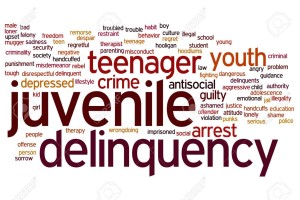In 2013 the number of crimes committed by Juveniles accounted for about one percent of all reported crimes in Uganda; With the Ugandan Police force arresting on average. 11
per 100,000 Juveniles (Government of Uganda (GOU) Justice, Law and Order Sector (JLOS) 2014). Children are arrested for allegedly committing capital offenses such as defilement, robbery, murder and other offenses such as theft, assault, child-to-child sex (Justice Law and Order Sector (JLOS),2014; Moore,2010; Walakira and Dumba Nyanzi, 2012)
At the national level, the Government has laws, policies, standards, and guidelines that form a broad framework regarding the administration of Juvenile Justice in Uganda. Despite the above developments, there are concerns that the laws and policies in place have not been enacted to ensure the effective protection of children who are in conflict with the law or those that victims of abuse.
In our view, as Trace Uganda an organization that works to empower street connected children the high number of juvenile arrests continues to expose them to violence from time of trial time of detention. Notably, the fact that the procedural rights of children in conflict with the law and their entitlement to non-custodial and diversion measures are not systematically promoted because they are unaccompanied children which makes it worse.
Of recent Trace Uganda registered a testimony in which a 16 year boy (name withheld for protection of identity) was arrested on charges of petty theft and detained in the same cells with adults, for the 9 days he spent in that cell he recounts horrible acts of violence and threats of physical violence and forced to smoke cigarettes under duress!
Street children like any other person deserve a right to a fair hearing. However, even though the child rights movement has many actors, voices of street children are lacking. Street children are not only those in conflict with the law-the offenders but even those affected as victims or witnesses, therefore the juvenile Justice systems must be in the best interest of the child and always the child’s welfare must be paramount.
even though the child rights movement has many actors, voices of street children are lacking. Street children are not only those in conflict with the law-the offenders but even those affected as victims or witnesses, therefore the juvenile Justice systems must be in the best interest of the child and always the child’s welfare must be paramount.

